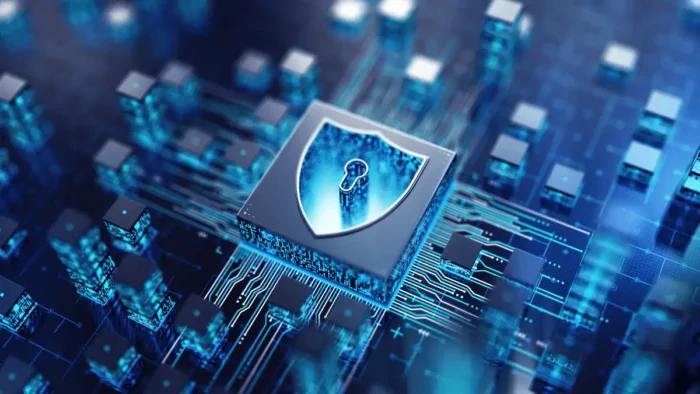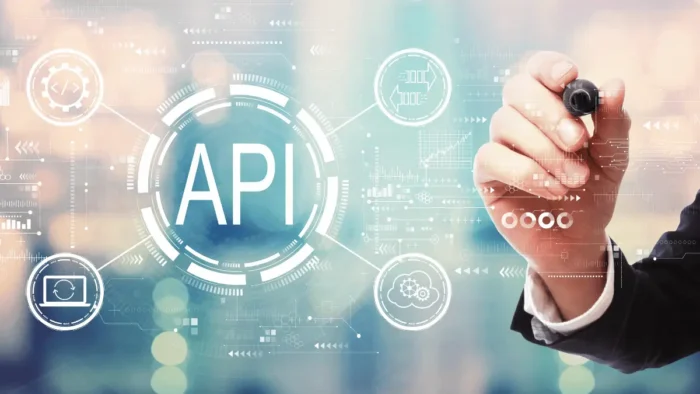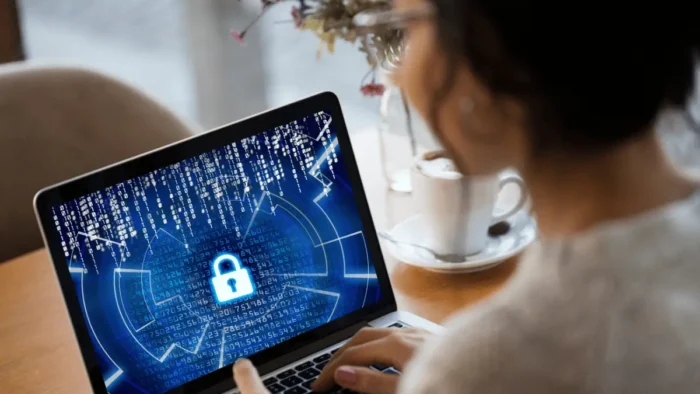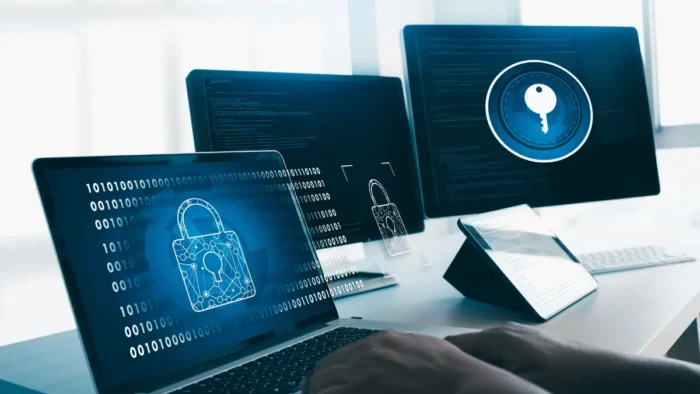In today’s digital landscape, cybersecurity has become a significant concern for businesses of all sizes. With the rise of data breaches and cyber attacks, companies recognize the importance of investing in comprehensive security measures to protect their sensitive information. And as technology advances, so do the tactics used by hackers and cybercriminals.
In this article, we will talk about the trends and innovations regarding businesses in cybersecurity!
Cybersecurity Services
As our world becomes increasingly digital, the need for effective cybersecurity services has never been greater, leading to a rise in the demand for specialized cybersecurity companies and services.
Protecting data with cyber security services is possible with 24/7 monitoring and advanced threat detection capabilities. Companies can access various services, including threat intelligence, vulnerability management, and incident response.
However, the future of cybersecurity services goes beyond just protecting data. With the rise of the Internet of Things (IoT) and connected devices, businesses must also consider securing their physical infrastructure.
AI-driven Threat Detection and Response
AI-driven threat detection and response systems are pioneering the way for more proactive and efficient cybersecurity measures. With the power of machine learning and artificial intelligence, AI-driven systems analyze large amounts of data to identify patterns and predict potential threats with much higher accuracy than traditional methods. They can autonomously adjust to new types of malware and sophisticated phishing tactics, ensuring that securities are continually updated without human intervention.
AI can produce rapid responses during an attack so you can reduce potential damages and prevent further insecure infiltrations. As cyber threats evolve in complexity, AI’s adaptive nature offers a powerful shield, serving as a critical tool in a cybersecurity professional’s arsenal to beat cyber attackers and protect digital assets. This fusion of AI and cybersecurity will surely improve the defense mechanisms of companies and set a new standard in the industry for both speed and reliability.
Quantum Computing and its Impact on Cybersecurity
Quantum computing is an emerging technology that could revolutionize how we process information. Unlike classical computing, which relies on bits that can only be in one state at a time, quantum computing uses quantum bits (qubits) that can exist in multiple states simultaneously. This allows quantum computers to perform calculations much faster than classical computers.
While the potential benefits of quantum computing are numerous, it also poses a severe cybersecurity threat. Quantum computers could break many encryption algorithms that currently protect sensitive information, putting personal and financial data at risk. To combat this threat, researchers are developing new encryption methods that will be resistant to quantum attacks.
The Shift to a Zero Trust Security Model
Traditional security models rely on perimeter defenses to protect networks and data. However, this approach is becoming less effective with the rise of remote work and cloud-based services. That’s where the concept of Zero Trust comes in — a security model that assumes no user or device can be trusted by default, even if they are inside the network.
Zero Trust relies on continuous verification and authentication of users, devices, and applications before granting access to resources. This approach minimizes the risk of a data breach by limiting access to only those who need it and continually monitoring for any suspicious activity.
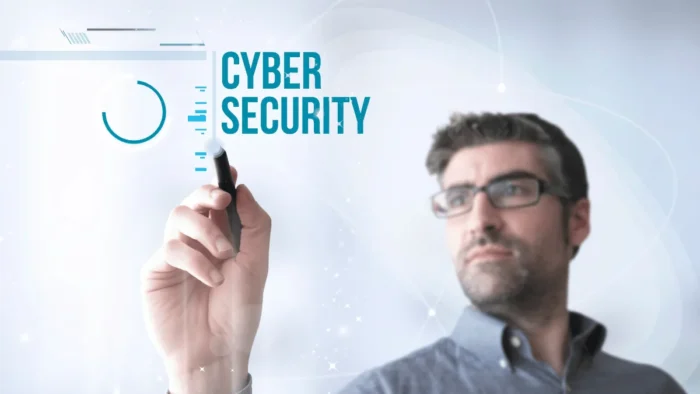
Increased Use of Blockchain for Enhanced Security
Blockchain technology has taken the world by storm in recent years, and it’s not hard to see why. Blockchain can improve security in various industries by providing an immutable and decentralized way to store and share information. From banking to healthcare, blockchain is being used to secure sensitive information like never before. And with the rise of decentralized finance or DeFi, blockchain is poised to become even more prominent.
Thanks to crypto assets and smart contracts, DeFi applications can provide increased security while also offering greater financial transparency and accessibility.
As the world becomes more connected and digital, it’s clear that blockchain will continue to play a vital role in improving security across industries.
Automation and Orchestration in Cybersecurity Operations
As the volume and complexity of cyber threats increase, it’s becoming more challenging for security teams to keep up. In this case, automation and orchestration tools can significantly improve the efficiency and effectiveness of cybersecurity operations. These tools automate repetitive tasks and allow for better coordination between different security solutions, making detecting and responding to threats easier.
Automation and orchestration also free up valuable time for cybersecurity professionals by handling routine tasks so they can now focus on more critical issues. With the help of machine learning and artificial intelligence, these tools can even predict and prevent potential attacks before they occur.
Conclusion
The future of cybersecurity is brimming with exciting trends and innovations that will help businesses protect their data and infrastructure from new threats that evolve every day. From AI-driven threat detection to the use of blockchain technology, companies have access to a wide range of advanced security solutions. But as technology continues to advance, so must cybersecurity strategies and tactics. So, you must be ready for a wild ride into the future of cybersecurity – it will be thrilling!

